Onsite programs
Our museums, historic houses and gardens are at the heart of every school interaction. We offer immersive, curriculum-linked excursions for Stages 1 to 6.
Stage 1
Stage 1 programs transport students back in time to develop understandings of the past and present through direct experience. As they do lessons and drills in an 1880s schoolhouse or visit the sprawling harbourside estate where 8-year-old Laura Wentworth lived with her large family, wash clothes, go shopping or plant seeds, students compare their own lives with the lives of children and their families in the past. All Stage 1 programs have a strong emphasis on experiential learning using historical artefacts and technologies, costumed interpretation and imaginative recreation.
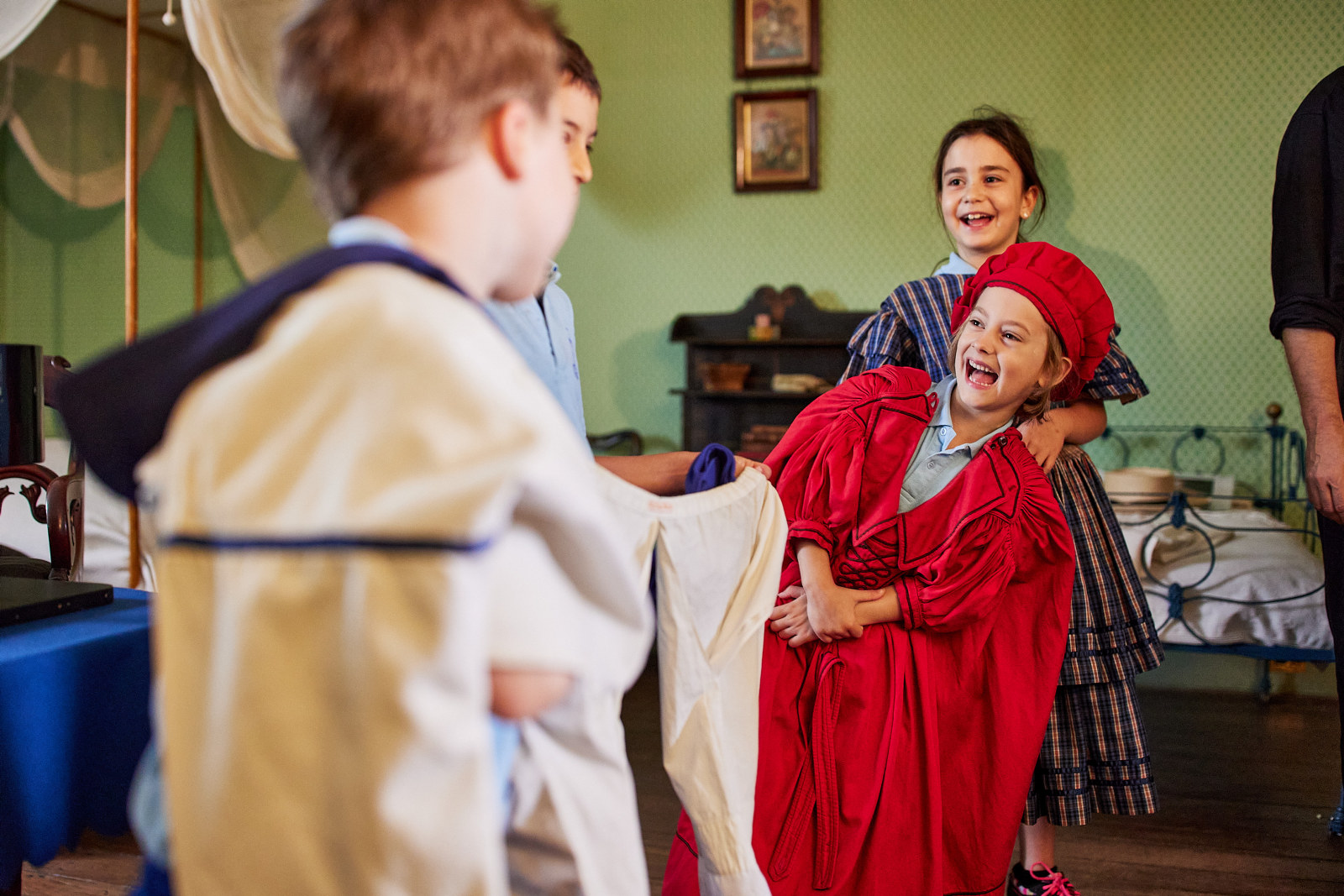
Onsite
Child's Play
Students learn about what it was like to live at Vaucluse House for the wealthy family of William Charles and Sarah Wentworth, with their ten children and many servants
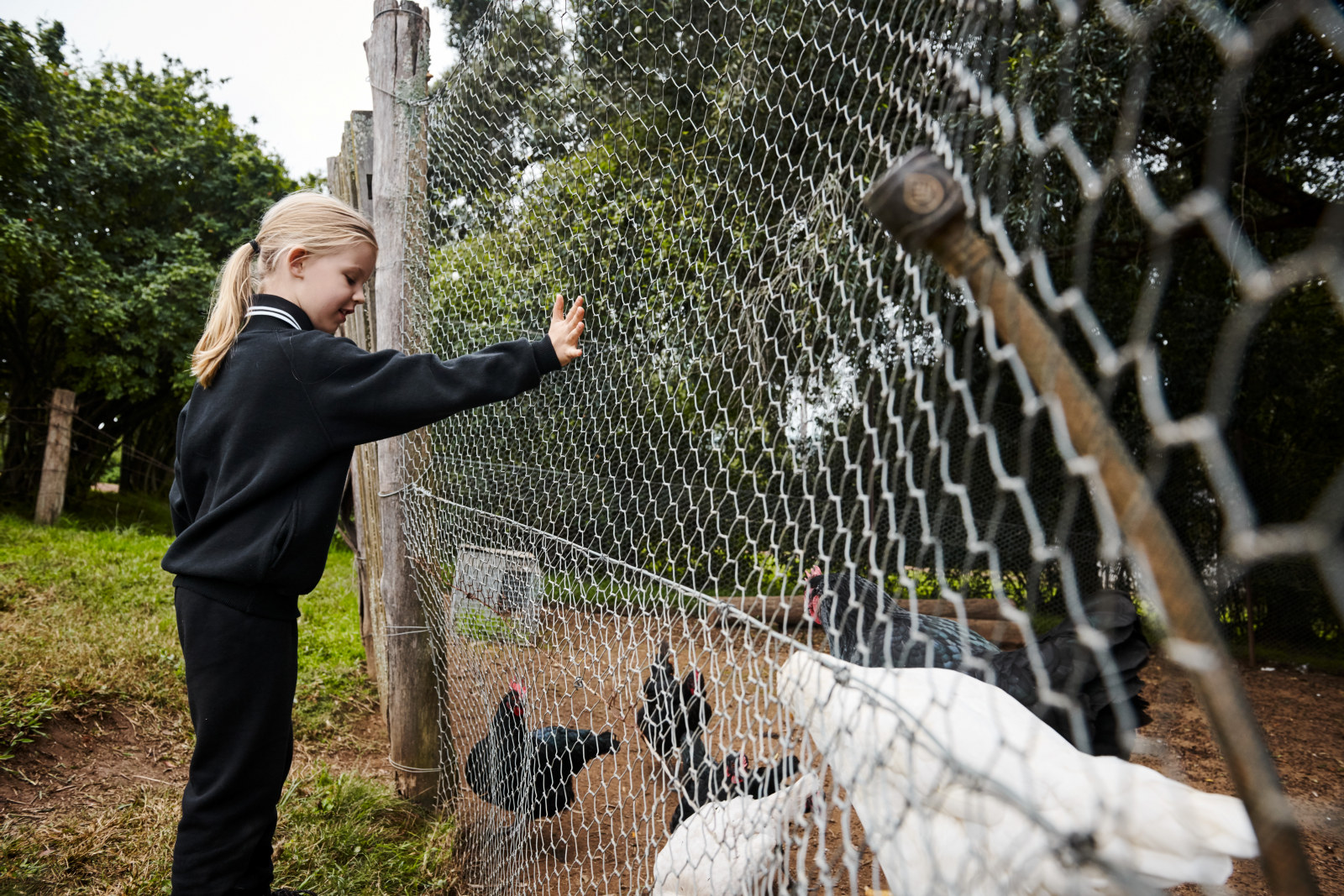
Onsite
Early to Rise
This Stage 1 History program gives students the opportunity to explore the working areas of the former farm, and investigate what life would have been like for children living there 120 years ago
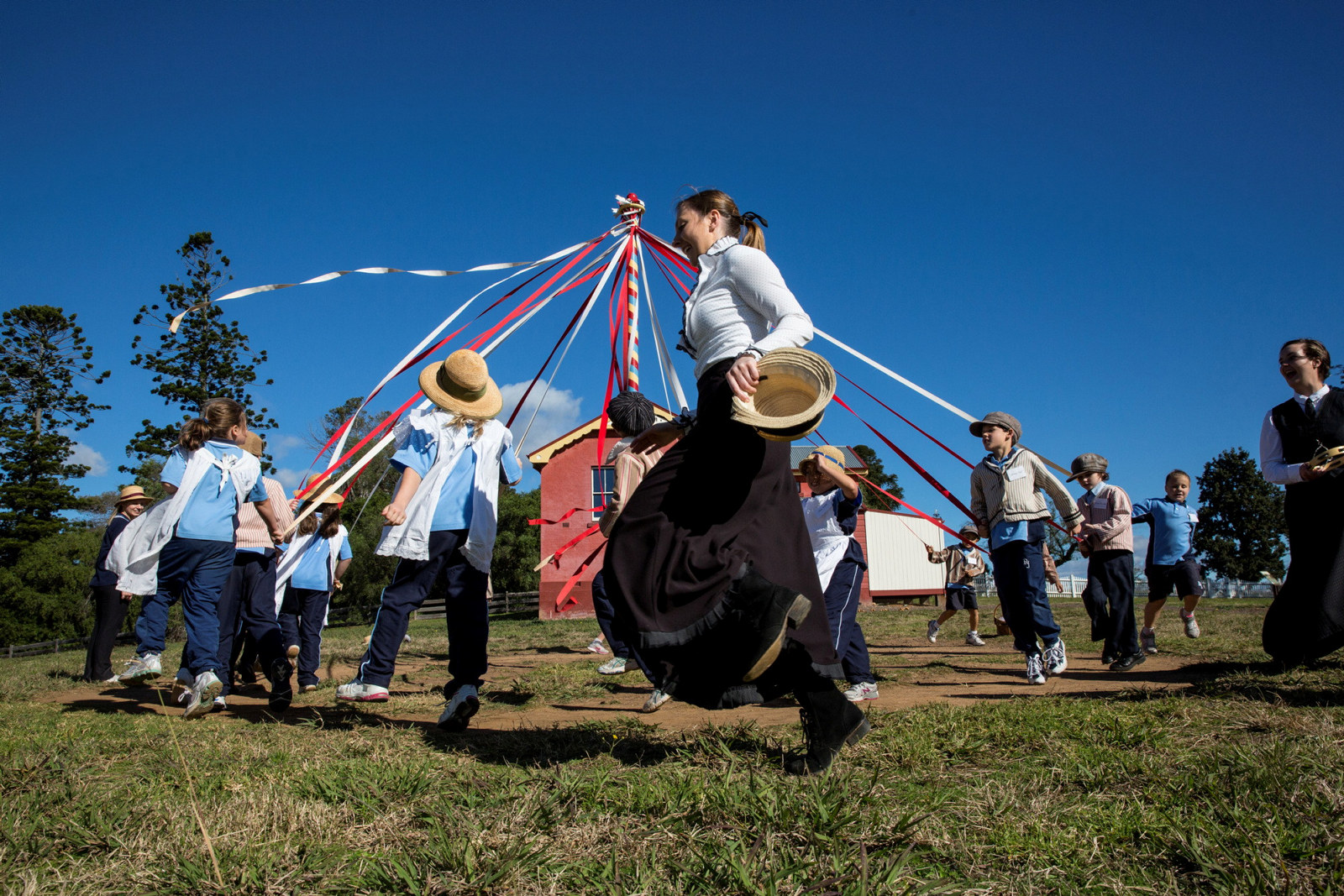
Onsite
Lessons from the Past
Integrating outcomes from History, PDHPE and Creative Arts, this program gives students the opportunity to learn firsthand about what school life was like in the late 19th century
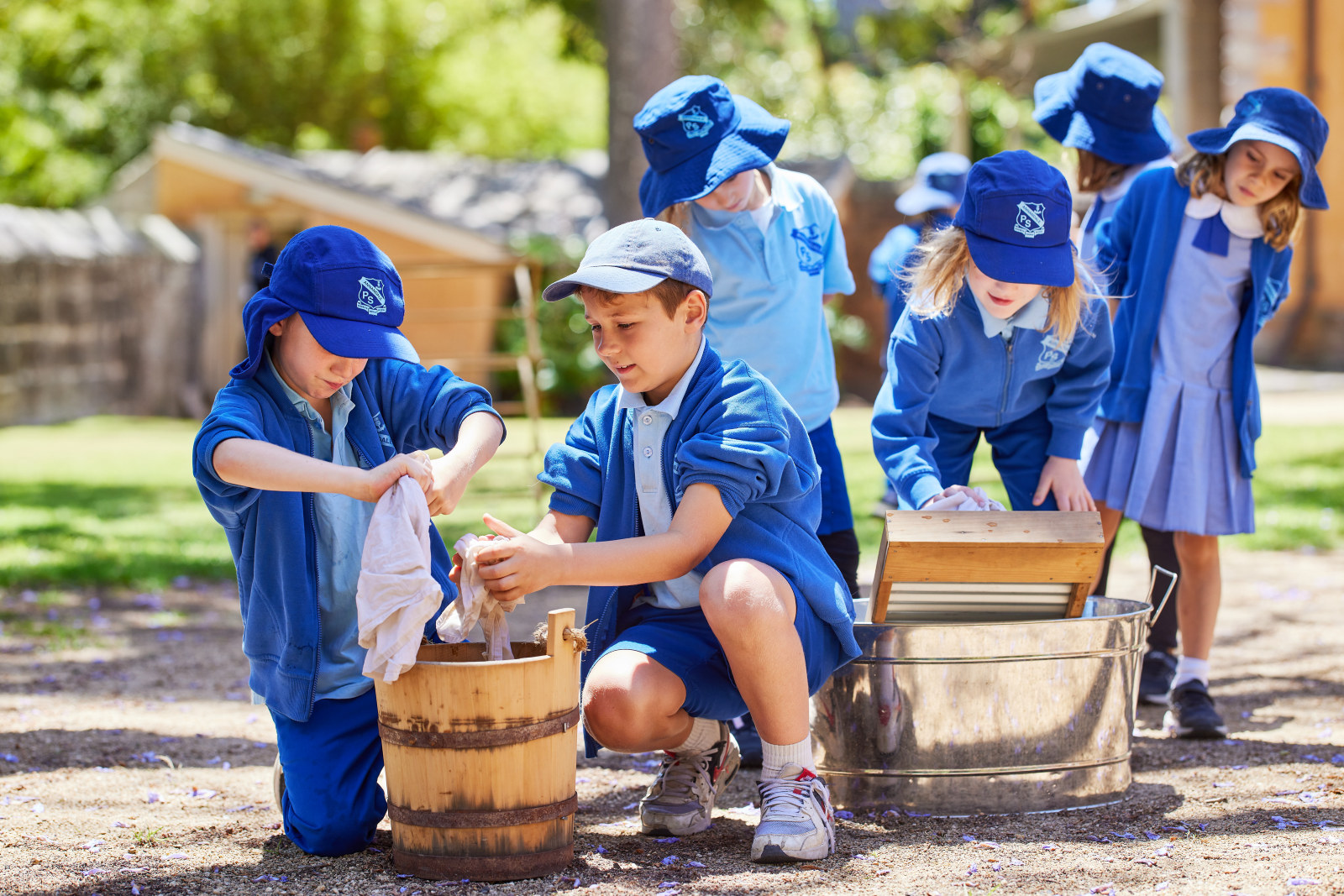
Onsite
Now and Then
As students are guided through the property, they discover that the household lived without the benefits of running water, bathrooms, electricity, appliances or paved roads
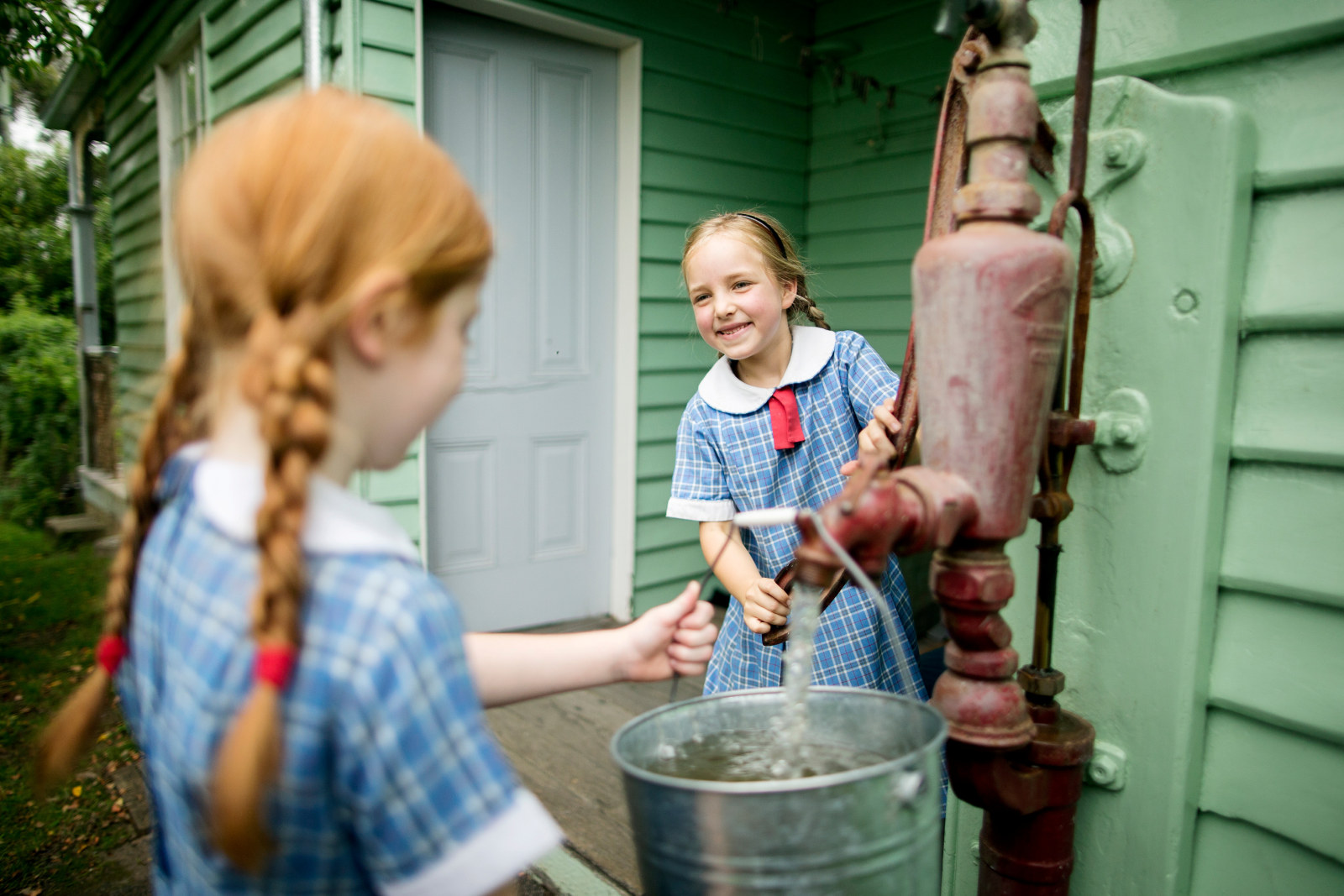
Onsite
Then and Now: Playing with the Past
Students investigate how home life has been changed by the domestic and leisure technologies introduced since the late 19th century as they explore Meroogal, built in 1886
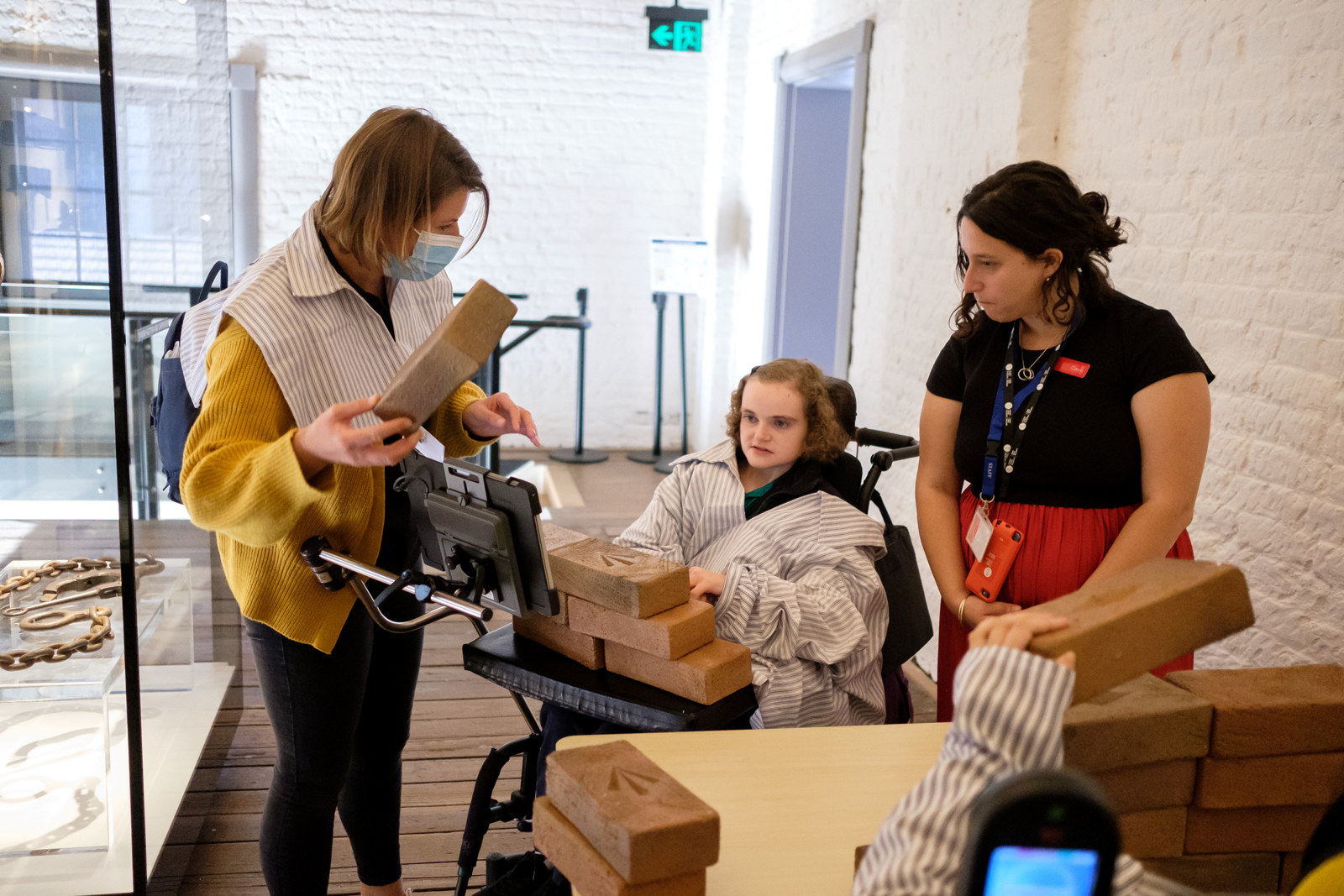
Onsite
Making Connections accessible program
Onsite program at the Hyde Park Barracks for primary and secondary school students with access requirements
Stage 2
In Stages 2 & 3, the focus shifts to explaining cause and effect, developing empathetic understanding and linking individual people, places and events to broader social and historical contexts. Students begin to develop skills in using and evaluating sources and understanding issues of subjectivity, perspective and bias as they investigate stories of the First Fleet and settlement in Australia, convicts, the impact colonisation on Indigenous people and their cultures, the changing environment, the gold rushes and bushrangers.

Onsite
Colonial Life at Elizabeth Farm
As they explore the Macarthur family home, which dates from 1793, students learn about the lives of the family and their convict servants and the impact of colonisation on the traditional owners of the Parramatta area

Onsite
Convict Life at the Barracks
What was it like to be a convict living at the Hyde Park Barracks?

Onsite
Making Connections accessible program
Onsite program at the Hyde Park Barracks for primary and secondary school students with access requirements
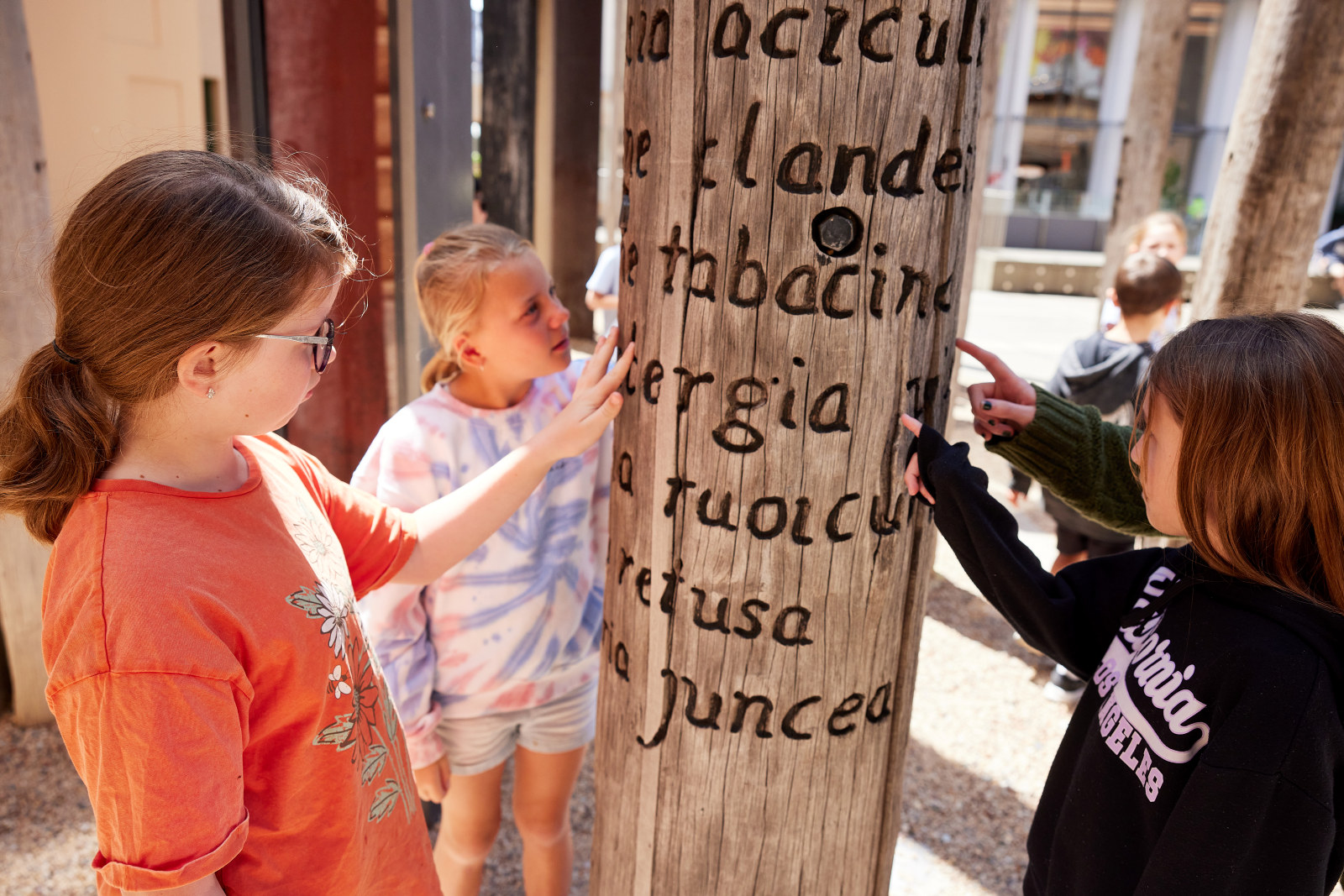
Onsite
Whose Place?
During this thought-provoking and engaging program, students learn that this place was an important site of contact between British and Aboriginal people
Stage 3
In Stages 2 & 3, the focus shifts to explaining cause and effect, developing empathetic understanding and linking individual people, places and events to broader social and historical contexts. Students begin to develop skills in using and evaluating sources and understanding issues of subjectivity, perspective and bias as they investigate stories of the First Fleet and settlement in Australia, convicts, the impact colonisation on Indigenous people and their cultures, the changing environment, the gold rushes and bushrangers.
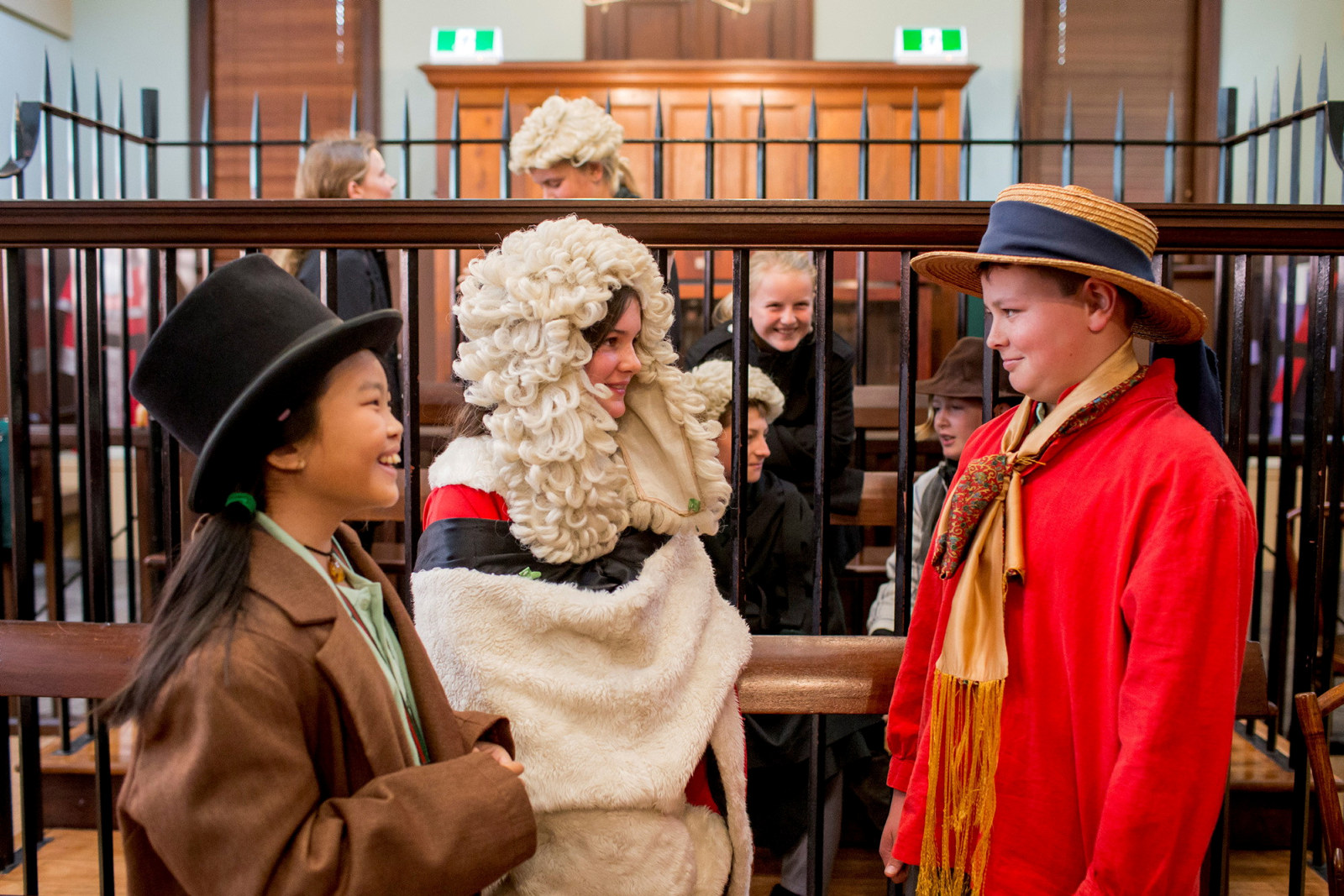
Onsite
Bailed Up!
Students explore the impact of the gold rush on law and order in the colony of NSW, and of bushrangers on the Australian identity
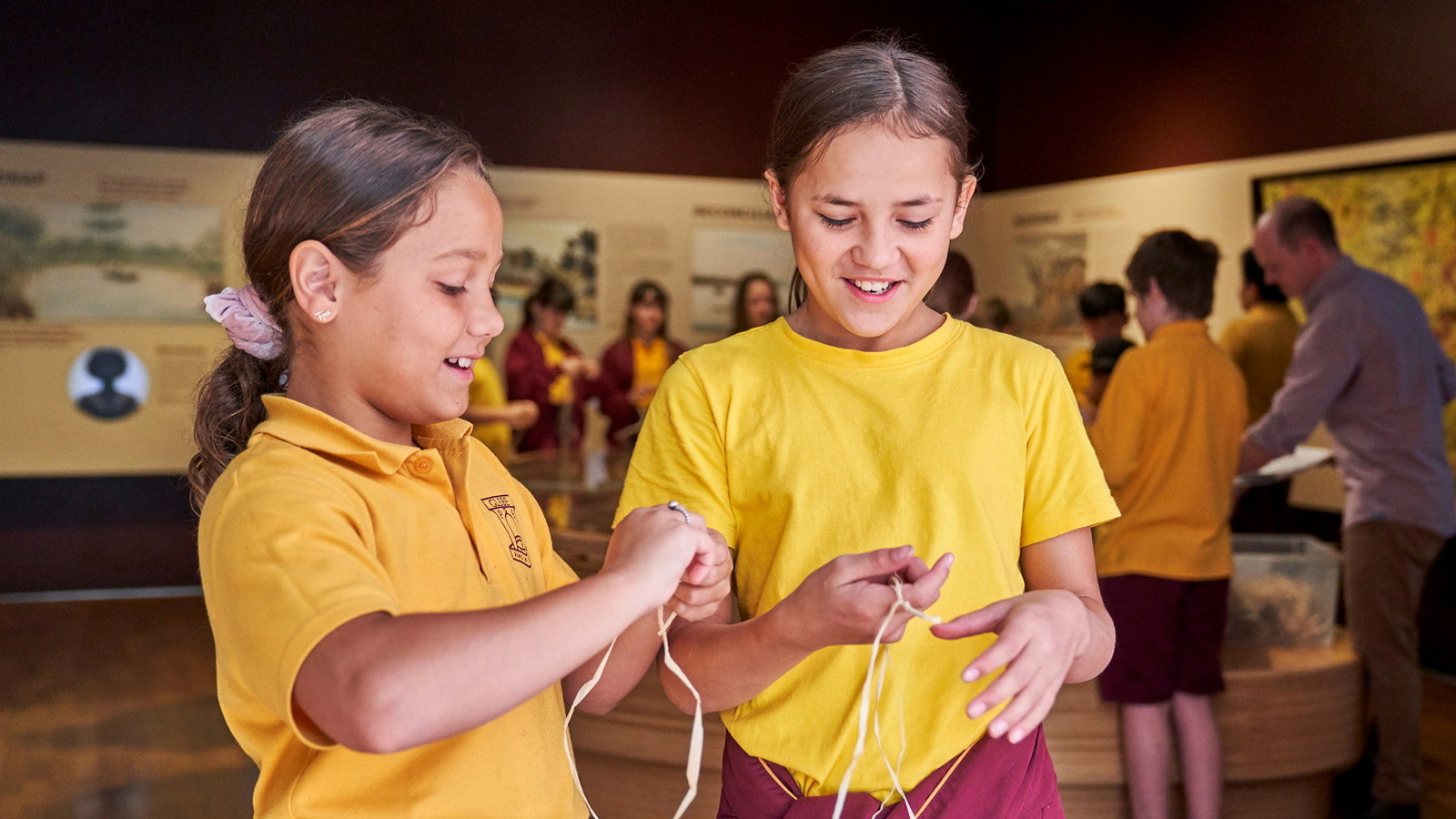
Onsite
Garuwanga Gurad (stories that belong to Country)
During this program at Museum of Sydney, on the site of first Government House, students have a unique opportunity to explore links between Indigenous and European histories, cultures and perspectives in the expanding Sydney colony of the 1800

Onsite
Making Connections accessible program
Onsite program at the Hyde Park Barracks for primary and secondary school students with access requirements
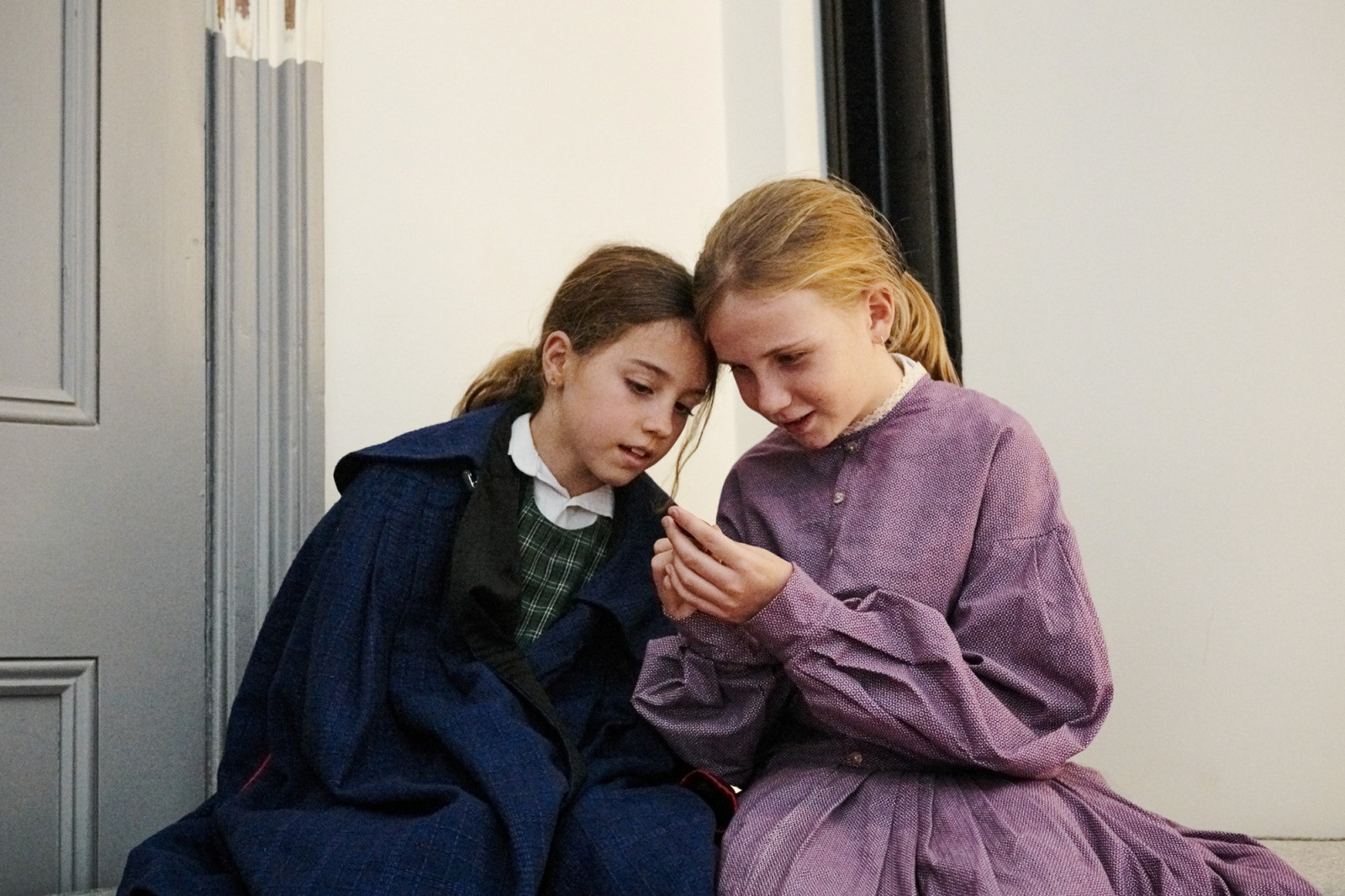
Onsite
Home: Convicts, Migrants and First Peoples
What was it like to be a convict living at the Hyde Park Barracks?
Stage 4
Programs for Years 7–10 focus on exploring concepts of cause and effect, significance and contestability and on reading historical and other sources in increasingly complex ways – whether a standing building or archaeological remains, artefact or document, image or word. As students pursue a historical inquiry, they develop their skills in analysing and evaluating primary and secondary sources, and in processing and synthesising information. As they explore past lives and events, they also explore the nature of history and the role of museums and heritage sites as places that interpret and reconstruct the past.
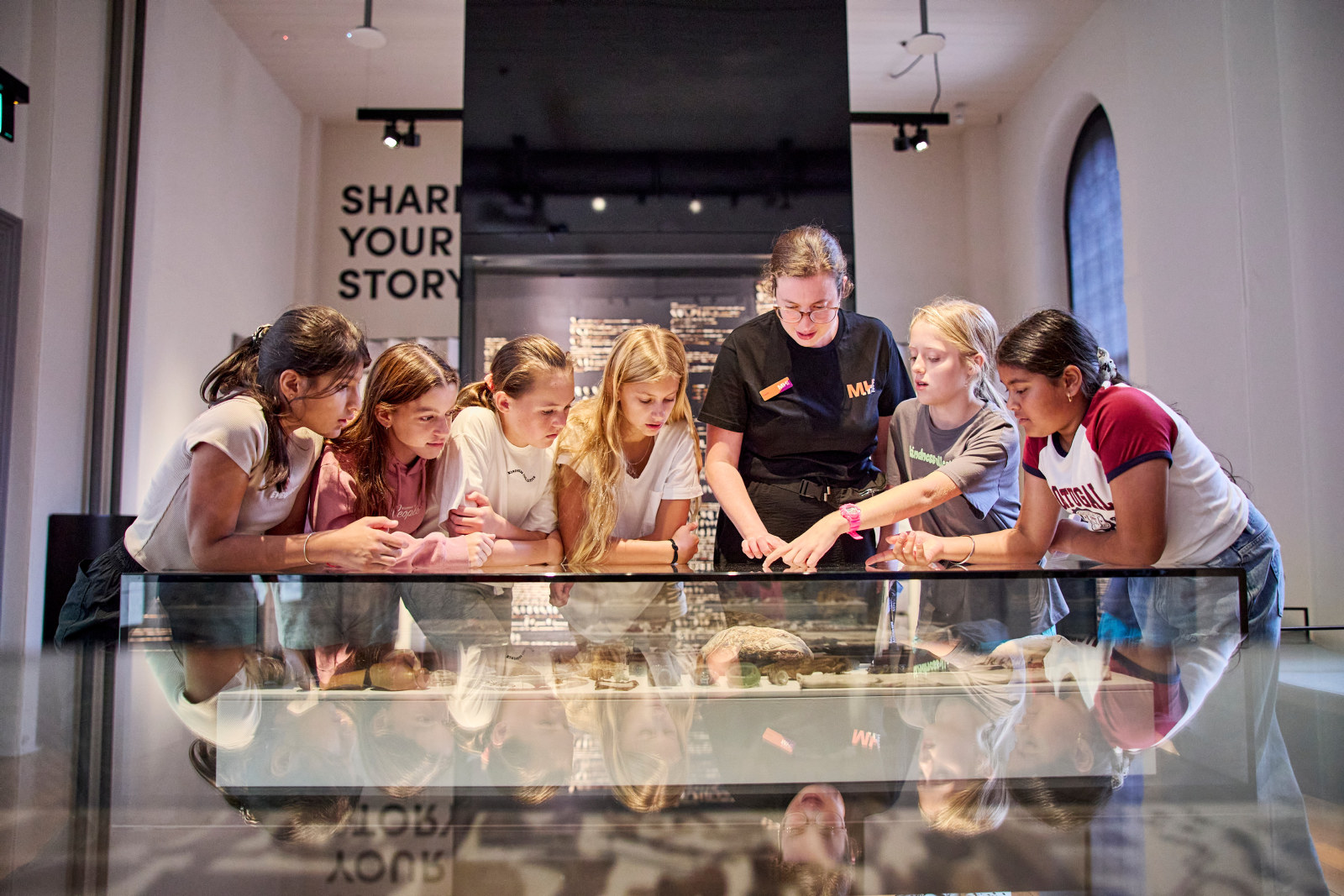
Onsite
Archaeology Underfoot
As they experience historical archaeology first hand, students learn to differentiate between the roles of historian and archaeologist

Onsite
Making Connections accessible program
Onsite program at the Hyde Park Barracks for primary and secondary school students with access requirements
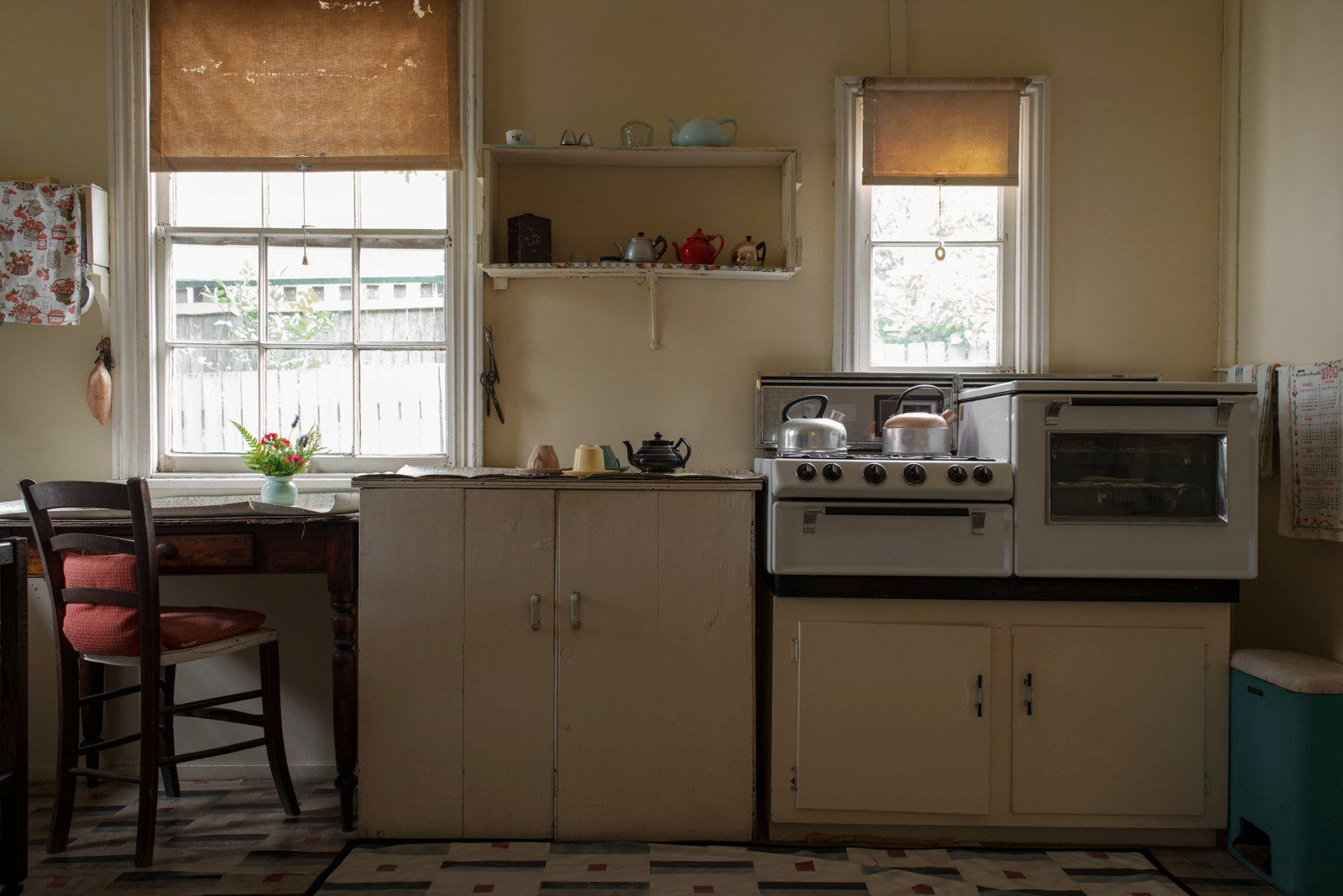
Onsite
Meroogal student tours
Tours are available at Meroogal for students in Stages 4, 5 & 6, exploring aspects of the collection relating to food technologies, textiles technologies and Industrial technologies – timber
Stage 5
Programs for Years 7–10 focus on exploring concepts of cause and effect, significance and contestability and on reading historical and other sources in increasingly complex ways – whether a standing building or archaeological remains, artefact or document, image or word. As students pursue a historical inquiry, they develop their skills in analysing and evaluating primary and secondary sources, and in processing and synthesising information. As they explore past lives and events, they also explore the nature of history and the role of museums and heritage sites as places that interpret and reconstruct the past.
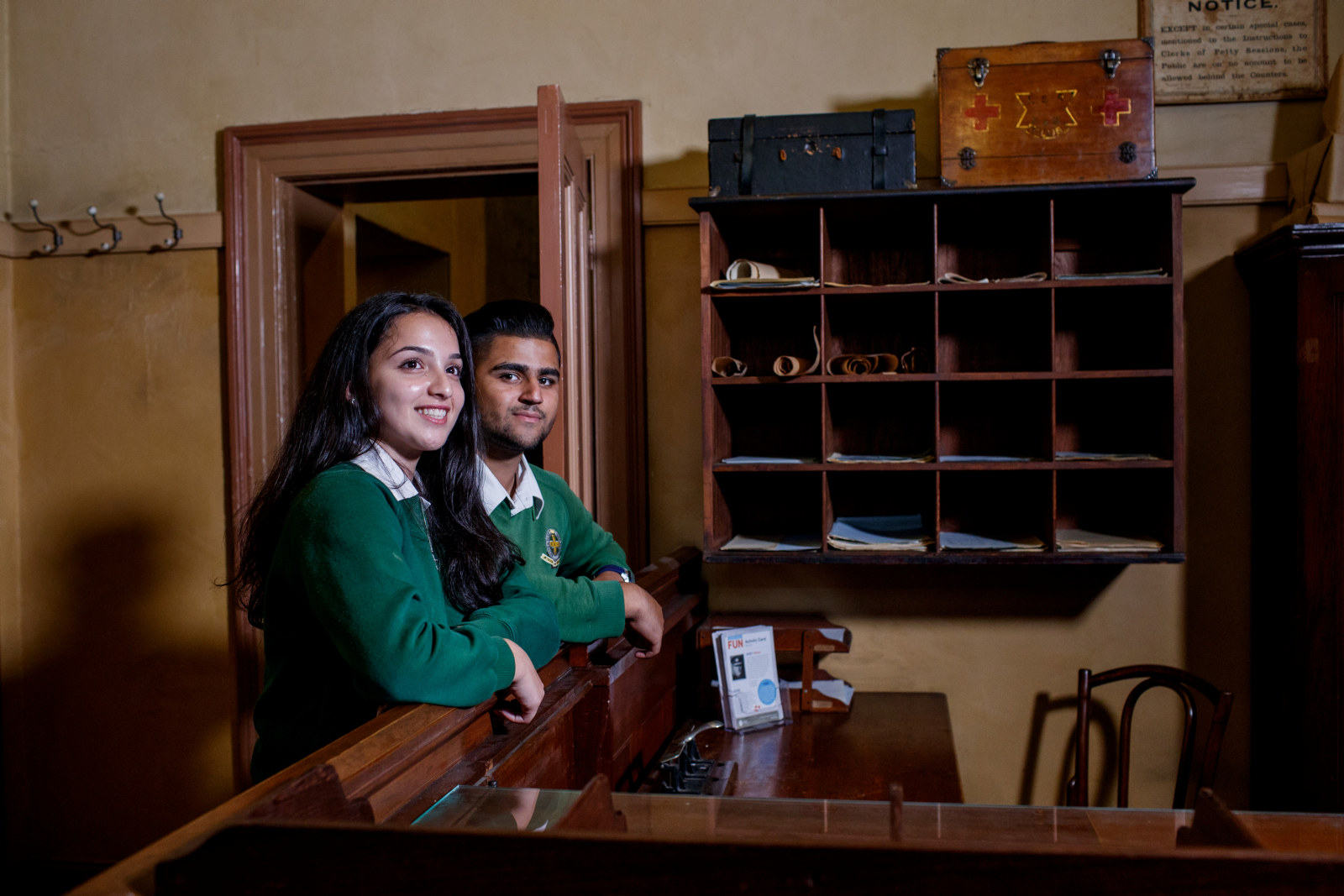
Onsite
A Trial Run
Within the setting of a historic police station and courthouse, this program gives students the opportunity to develop a deeper understanding of the interrelationships between the law and society

Onsite
Making Connections accessible program
Onsite program at the Hyde Park Barracks for primary and secondary school students with access requirements

Onsite
Meroogal student tours
Tours are available at Meroogal for students in Stages 4, 5 & 6, exploring aspects of the collection relating to food technologies, textiles technologies and Industrial technologies – timber
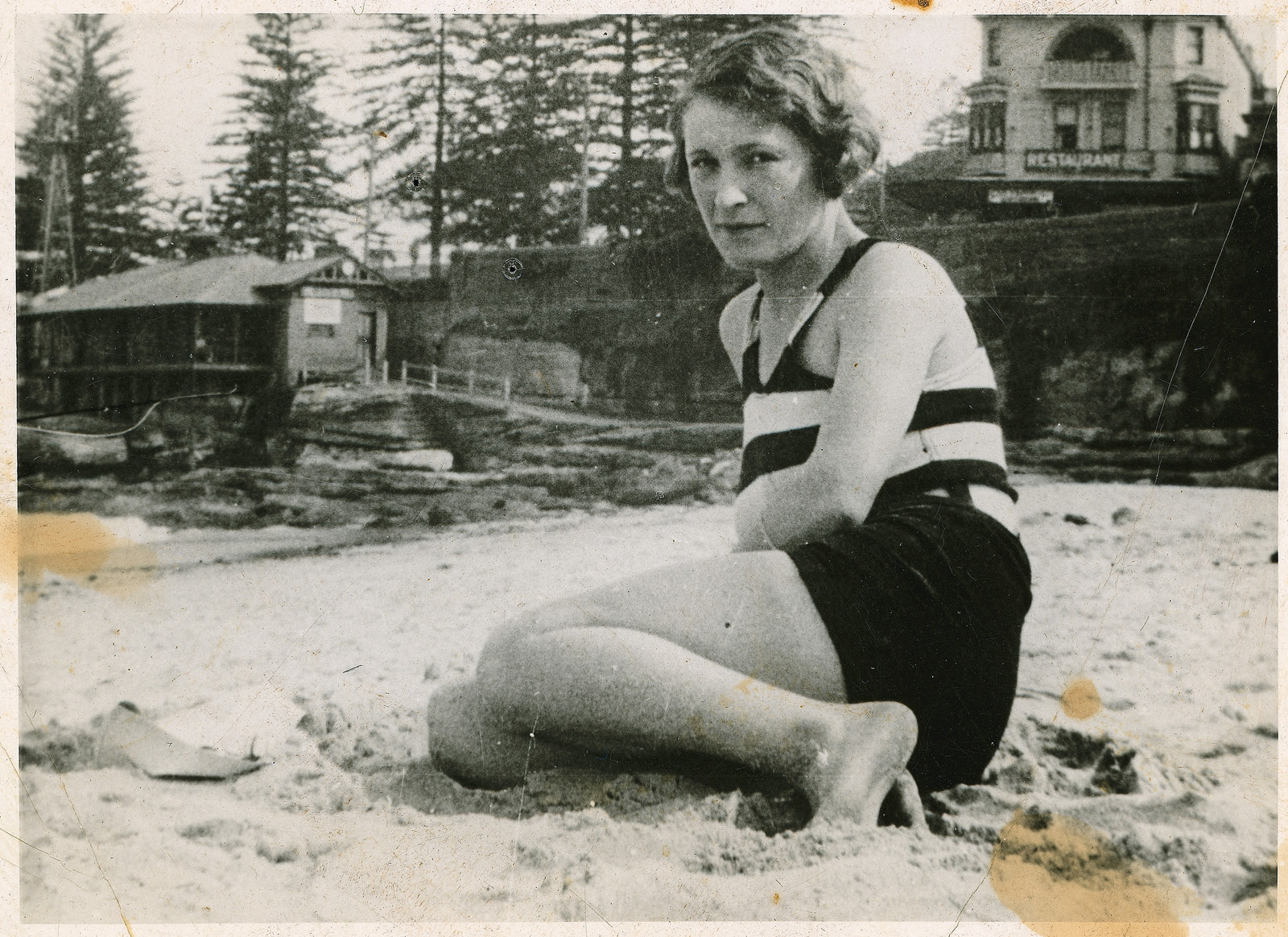
Onsite
Crime & Punishment: A Case Study
This challenging and thought-provoking program develops students’ skills in historical research and critical thinking, and their appreciation of history as a study of human experience
Stage 6
Stage 6 programs are as much about the future as the past. As a bridge between school and tertiary study, our programs aim to challenge, provoke, inspire and encourage, to help students prepare for their final exams and their future learning. Equally, our Stage 6 programs are a bridge between theory and practice. Key priorities are to provide opportunities for students to apply and practise high-level skills and understandings in authentic contexts and to meet a range of practising professionals, such as researchers, historians, curators, archaeologists and authors.

Onsite
A Trial Run
Within the setting of a historic police station and courthouse, this program gives students the opportunity to develop a deeper understanding of the interrelationships between the law and society

Onsite
Making Connections accessible program
Onsite program at the Hyde Park Barracks for primary and secondary school students with access requirements

Onsite
Meroogal student tours
Tours are available at Meroogal for students in Stages 4, 5 & 6, exploring aspects of the collection relating to food technologies, textiles technologies and Industrial technologies – timber
Can't visit in person?
We offer interactive, curriculum-linked virtual excursions, bringing our museums, stories and collection straight to your class.